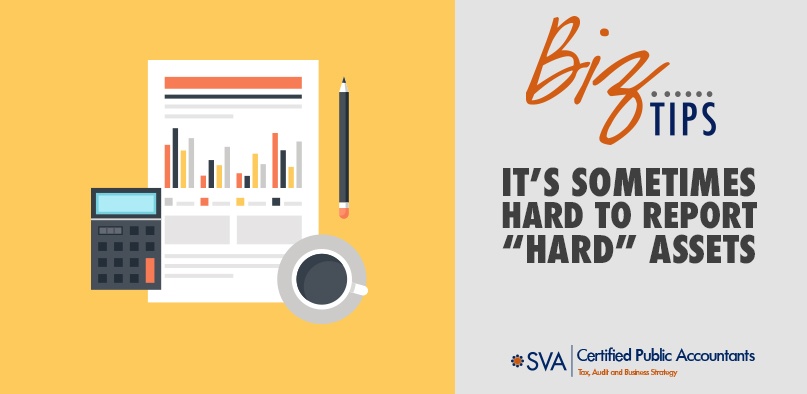How much do you really know about accounting for property, plant and equipment? U.S. Generally Accepted Accounting Principles (GAAP) permits some leeway when deciding whether to capitalize or expense a fixed asset purchase, as well as in choosing depreciation methods and useful lives. Such leeway is part of the reason many business owners are uncertain about how to report these valuable assets on their financial statements.
Capitalize vs. Expense
Deciding whether to capitalize or expense a purchase is subjective and often depends on the company’s size and industry. Technically, if an asset is above a materiality threshold (which varies from company to company) and is expected to have ongoing use to the business beyond the current period, it should be capitalized. In other words, you should report it on the balance sheet and gradually depreciate the asset over its expected useful life.
Alternatively, some purchases are expensed in the current period, typically as supplies or repairs and maintenance expenses. Immediately expensing those purchases lowers profits over the short term, compared to capitalizing purchases, which expenses the same amount over a longer period of time.
Book Value vs. Market Values
When you capitalize a fixed asset, the amount shown on the balance sheet reflects the original purchase price minus any depreciation expense taken over the asset’s life. If you use accelerated tax depreciation methods for financial reporting purposes — and many smaller businesses do — the balance sheet may significantly understate a fixed asset’s ongoing value to the business. Some fixed assets that are fully depreciated may continue to be used in a business for many years beyond their useful lives.
There are many other reasons the book and market values of fixed assets don’t jibe. For example, land, buildings and leasehold improvements tend to appreciate in value over time. Conversely, other fixed assets may become obsolete or damaged before they’re fully depreciated.
It’s important to identify when market value falls below book value, because GAAP generally requires a write-down. Under the principle of conservatism, fixed assets should be reported at the lower of cost (less accumulated depreciation) or market value.
(Download Video Transcript)
Need Assistance?
Reporting property, plant and equipment is harder than it appears. It requires subjective judgments. Plus, depreciation is an artificial accounting concept that doesn’t always sync with economic reality.
We can help you understand how to capitalize, depreciate and write down fixed assets under GAAP.

© 2016

